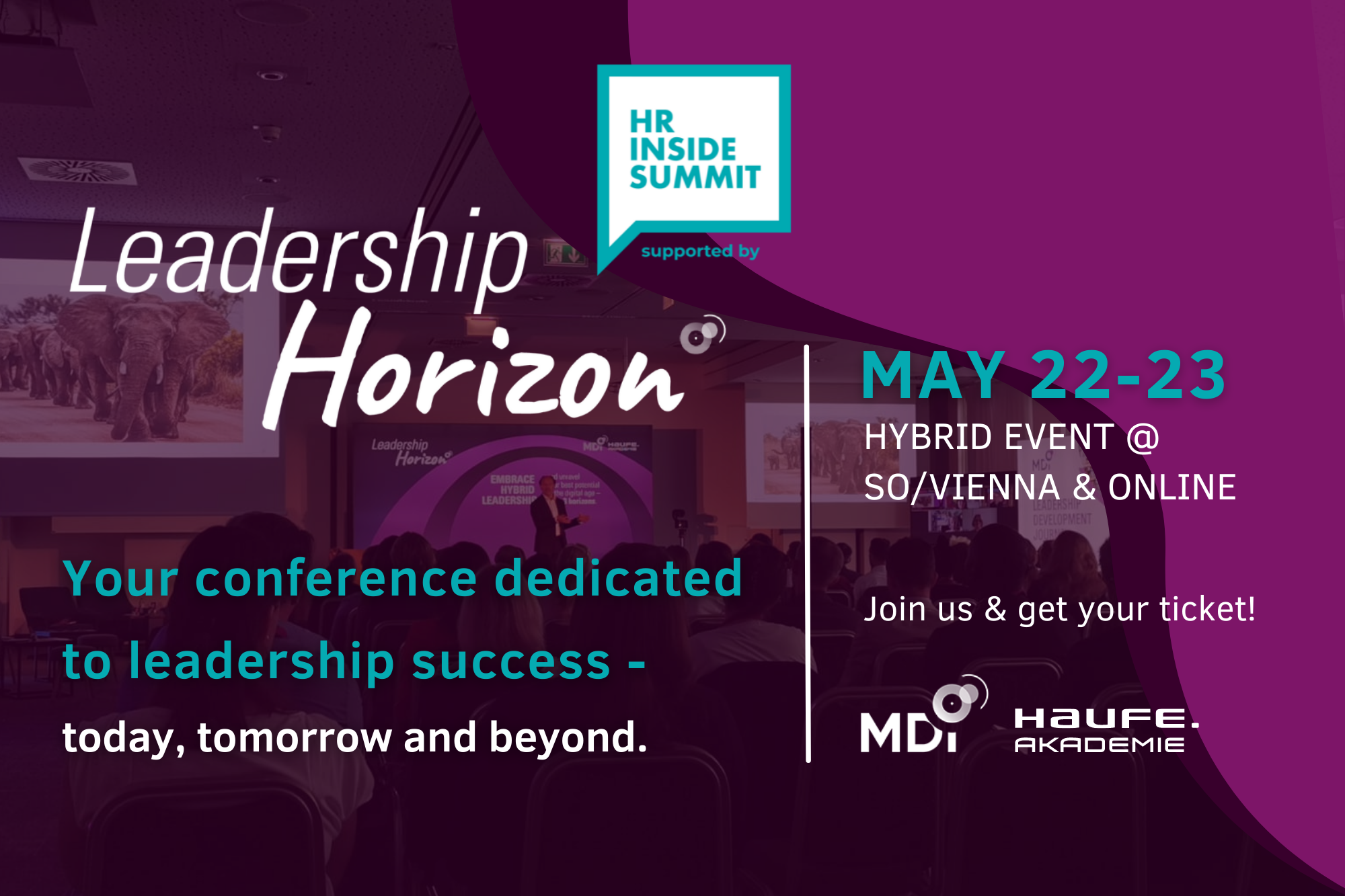
AI Hears; Humans Listen: Become a Master of Attunement
AI Hears; Humans Listen: Become a Master of Attunement
Prefer to listen to the article? Click below to access our AI speech-generated audio. However, if you want to read it as usual, keep scrolling.
AI Hears; Humans Listen: Become a Master of Attunement
Not Black Mirror. Not Severance. The reality we’re in is starting to feel a lot more like Her.
According to eye-opening research published in Harvard Business Review, the most common use of generative AI isn’t writing code, synthesizing data, or even creating content.
It’s companionship.
Let that sink in. At the frontier of one of the most advanced technological revolutions in history, people aren’t just looking for answers or performance enhancements—they’re looking to feel heard.
The Burnout I Didn’t Catch
At this year’s Leadership Horizon, my partner Bailey Parnell and I are set to announce the groundbreaking AI product we’re building at SkillsCamp. It’s the fastest-moving venture I’ve ever been a part of.
In my previous companies, we’d maybe pivot once or twice a year. Now we’re pivoting multiple times a day. Strategies shift at breakfast. Features change by lunch. Priorities rearrange by dinner.
It’s exhilarating. It’s also exhausting.
In the middle of this whirlwind, we missed something important—one of our teammates was struggling to keep up. The constant change had become disorienting. They were slipping into the early stages of burnout. And here’s the part that really hit me:
I wrote the book on beating burnout.
The Burnout Gamble is explicitly about how leaders can prevent precisely this kind of thing. On top of that, during my keynote speech at Leadership Horizon a few years back, I preached the gospel of human-centered leadership—of slowing down to tune in. Of attunement.
Even though I had been hearing my colleague, the truth is, I hadn’t been listening.
I had only been reacting. Optimizing. Building the future of leadership. But not asking, in the way that only a human can:
“Kaif al hal?” (كيف الحال؟)
It’s Arabic for “How are you?”—but it literally translates to: How is your heart doing? AI can’t ask that. At least not yet. And even when it can, it won’t mean it.
Everything’s Amazing. Nobody’s Happy.
Over the past year, we’ve seen an explosion in AI capabilities. From Claude and DeepSeek to custom GPTs, agents, copilots, and beyond—we’ve unlocked tools that can write like us, talk like us, and think faster than us. And yet amid all this brilliance, morale is shaky. Anxiety is rising. Relationships at work feel more fragile. Loneliness is still trending.
Somehow, despite everything being amazing…nobody seems to be fully happy. And that’s because the problem isn’t just about what’s being built. It’s about what’s being missed.
Become a Master of Attunement
Stephen Covey once said:
“The biggest communication problem is that we do not listen to understand. We listen to reply.”
These days, we don’t even reply—we prompt. We’ve become so good at asking AI the right questions, we’ve forgotten how to ask each other the real ones.
So here’s an idea: Let AI be your productivity engine. Your logic brain. Your pattern-detecting genius. But let you be the soul. The resonator. The attuner. The etymology of attunement is “to bring into harmony.” It’s not about fixing people—it’s about feeling with them.

In leadership, this means mastering what I call the Listening Ladder:
|
Emotion |
Response Style |
Example |
|
Pity |
Recognize |
“That’s awful. At least it’s almost Friday.” |
|
Sympathy |
Care |
“I’m sorry to hear that. That sounds tough.” |
|
Empathy |
Feel |
“I hear you—it sounds like this workload is really taking a toll.” |
|
Compassion |
Act |
“Let’s find a way to ease your load together.” |
Attunement isn’t passive. It’s an active presence. It’s emotionally intelligent alignment. It’s not just knowing what someone is going through—it’s standing with them in it, and saying: I’m here.
But Isn’t AI Getting Good at This?
Sure, AI can detect emotional cues through text or tone. It can simulate concern. It can even give decent advice. But there’s a line it can’t cross: It doesn’t feel.
AI won’t sit in silence with a teammate who just got a life-changing diagnosis. It doesn’t notice how someone’s voice slightly trembles when they mumble “I’m fine.” Machines can’t experience shame, grief, awe, or love.
And it can’t ask, from the heart: How is your heart doing?
So yes, AI may one day outpace us in logic, language, and even innovation. But the sacred skill of soul-to-soul listening—that remains deeply, beautifully human.
The Future of Leadership
Ray Kurzweil prophesied that the 21st century won’t bring 100 years of progress—it will bring the equivalent of 20,000.
But no matter how far we go, one truth stays constant: People don’t quit companies. They quit leaders who don’t listen.
As the future of work accelerates, the leaders who thrive won’t be the ones who outpace AI. They’ll be the ones who partner with AI—and lead like humans.
Consider this your invitation to become irreplaceable. Learn to attune. Ask real questions. Listen with your whole body. Respond with presence. And the next time someone on your team seems off, don’t just check their output.
Check their heart.

Hamza Khan
Keynote Speaker
Hamza Khan is a best-selling author, award-winning entrepreneur, and globally-renowned keynote speaker whose TEDx talk “Stop Managing, Start Leading” has been viewed over two million times.
The world’s leading organizations trust him to enhance modern leadership, inspire purposeful productivity, nurture lasting resilience, and navigate constant change.











